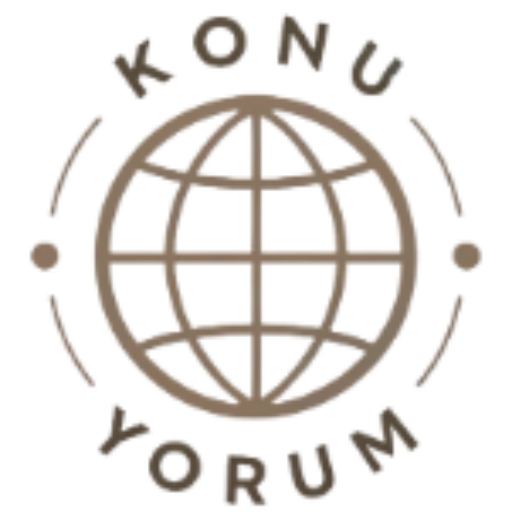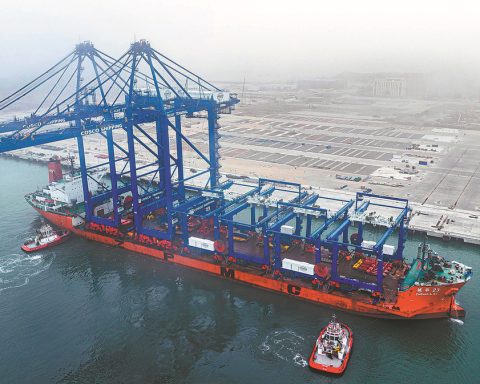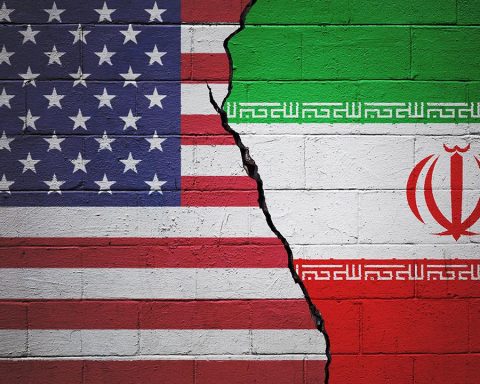The United Kingdom’s newly published National Security Strategy 2025 does more than outline looming threats in a volatile world. It also names who Britain intends to rely on as key partners in facing those threats. One of the most striking elements of the strategy is the clear and strategic emphasis on Turkey.
For years, Turkish-British defense ties have grown steadily, but this time, the cooperation is officially acknowledged at the highest level. The document defines Turkey as follows:
“Located at the crossroads of the Black Sea, the Caucasus, the Middle East and Africa, Turkey is essential to the UK’s security interests in Europe and on NATO’s flanks. It is both a key NATO ally and a bilateral partner, thanks to strong military integration and defense industry cooperation.”
This statement is not mere diplomatic courtesy—it reflects a concrete, evolving partnership supported by joint ventures, defense exports, and strategic exercises.
Why Is Turkey So Important?
The UK is recalibrating its security posture to address threats from both Russia and Iran, with a particular focus on potential direct attacks against the British homeland. In this context, Turkey’s strategic location and growing defense capabilities become crucial:
-
Geopolitical leverage: Turkey acts as a buffer and launchpad between Europe and volatile regions like the Middle East and North Africa.
-
NATO strength: With one of NATO’s largest standing armies and rapidly advancing defense technology, Turkey offers more than geography—it brings hard power and production capacity.
Rising Bilateral Cooperation in Defense
In the past few years, the Turkey–UK relationship has deepened through:
-
The establishment of the Turkey-UK Defence Industry Cooperation Council (TUDIC).
-
Turkey’s soaring defense exports, with a global ranking in the top 15.
-
British interest in joint fighter jet projects, UAVs, and advanced missile systems.
These developments mark Turkey not just as a customer, but as a strategic co-producer in UK defense planning.
The UK’s “Home Defence” Turn
For the first time in decades, the UK now speaks of preparing for direct attacks on its soil. The strategy includes:
-
National drills to test societal readiness,
-
Increased protection of infrastructure such as power plants and water systems,
-
And a policy initiative called Home Defence, focused on domestic resilience.
Turkey’s importance here is twofold: as a military supplier and as a geopolitical partner capable of stabilizing the eastern front of Europe—an area of growing tension.
New Threat Landscape
The document warns that some adversaries are laying the groundwork for future conflicts by targeting energy systems and supply chains. Cyberattacks, sabotage, and nuclear rhetoric—especially from Russia—are highlighted as “the most acute threats.” Iran’s hostile activities in the UK are also said to be increasing, both to silence dissidents and intimidate British society.
In this climate, Turkey becomes more than a NATO ally—it becomes a pillar of Britain’s new multidirectional defense posture.
A Recalibrated Security Map
Turkey’s role in the UK’s national security is no longer a side note—it is now part of the blueprint. This shift reflects both growing trust and a convergence of interests in defense production, regional stability, and geopolitical strategy.
As the security map of the 21st century is redrawn, London and Ankara appear to be aligning not just in rhetoric, but in strategic action. The coming years will reveal how deep this partnership can go—and whether it can shape the balance of power across NATO’s frontlines.









